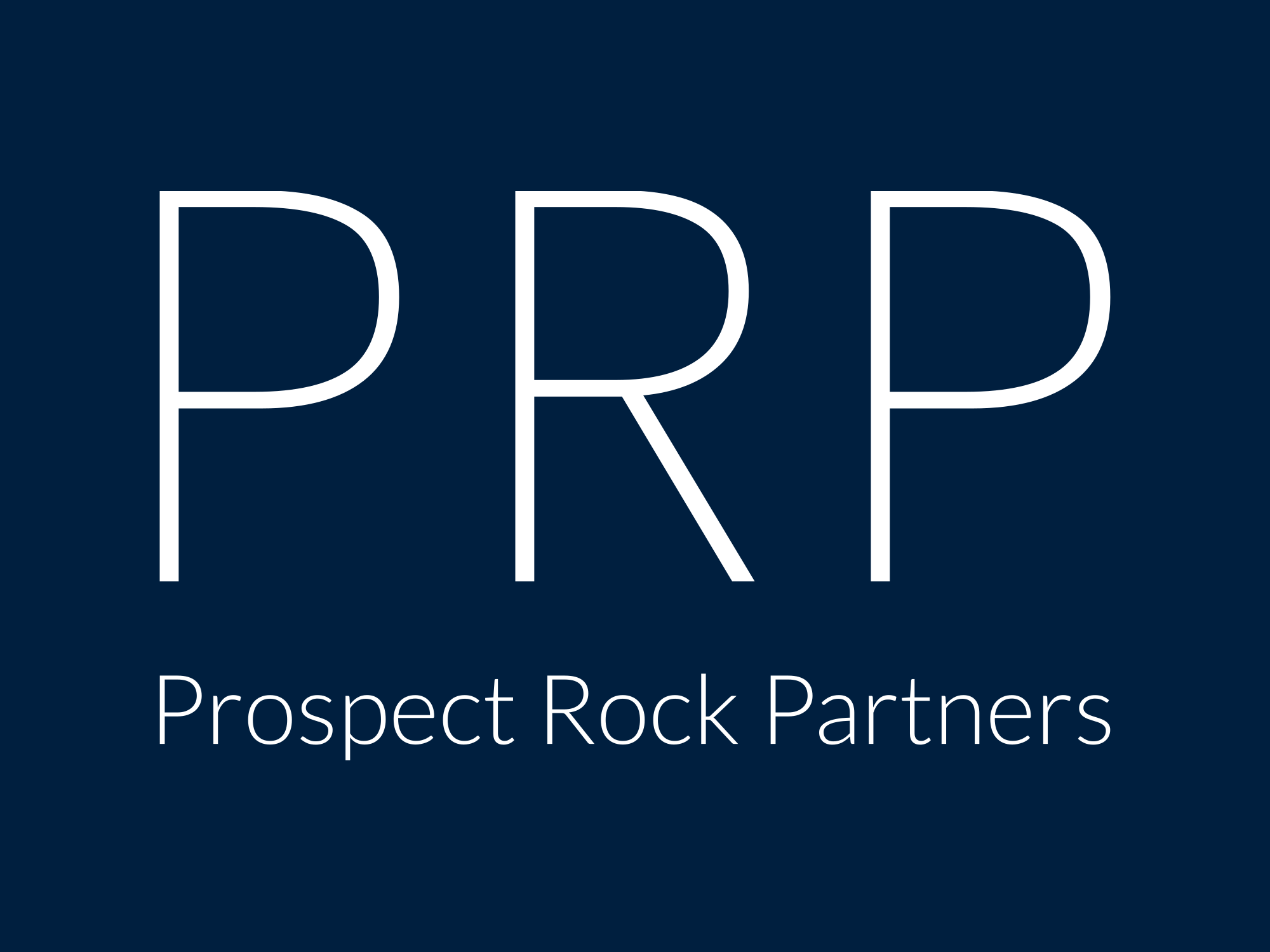So, you’re looking to break into private equity? Join the club. The allure of PE’s high-stakes deals and big paydays has many bankers polishing up their resumes and dreaming of greener pastures. But it might be time for a reality check on what a great banking resume is really doing for you on a PE job hunt. As someone who has successfully made the switch, I’ve seen firsthand the mistakes that can keep even the most impressive candidates from getting their foot in the door. Here are four reasons your resume isn’t landing you that coveted PE gig:
Reason 1: Your resume is too generic
In the world of PE, one size does not fit all. Firms are looking for candidates with specific skills and experiences that align with their investment strategies and sector focus. If your resume reads like a laundry list of every deal you’ve ever worked on, it’s time to get selective. Tailor your resume to highlight the transactions that are most relevant to the PE firm(s) you’re targeting. For example, if you’re applying to a firm that specializes in healthcare investments, showcase your experience in that space.
For your PE-targeted resume, you might want to consider paring back. Instead of ten bullet points showcasing ten M&A transactions from various industries. If you’ve been staffed on lots of deals, the sheer variety might drown out some industry-specific credibility. If you are pitching yourself for a sector-focused role, try to showcase deals in a specific sector or at least industry. If showcasing industry or sector expertise isn’t possible, make sure you are showcasing relevant skills.
That fantastic laundry list of deals you’ve worked on is super valuable for landing your next banking role but by customizing your resume to the PE audience, you’ll demonstrate that you have the relevant experience and expertise they want, allowing you to hit the ground running.
Reason 2: You aren’t showcasing your value-add
PE firms are looking for more than just deal executors – they want investors who can bring a unique perspective and skill set to the table. If your resume focuses solely on your transaction experience, you’re missing an opportunity to differentiate yourself. Highlight any experiences that showcase your ability to think like an investor, such as:
- Identifying potential acquisition targets or developing value-creation plans
- Conducting in-depth market analyses to identify key growth drivers and risk factors
- Collaborating with portfolio companies to drive operational improvements and increase EBITDA
For example:
- Collaborated with the investment team to develop a value creation plan for a $750M portfolio company, identifying operational efficiencies and growth initiatives that increased EBITDA by 25% within two years
By demonstrating your ability to create value beyond the deal, you’ll position yourself as a strong candidate for a PE role.
Reason 3: You're not leveraging your network effectively
In the tight-knit world of private equity, who you know can be just as important as what you know. Many PE jobs are filled through referrals and networking, so if you’re relying solely on online applications, you’re putting yourself at a disadvantage. Start building your PE network early by:
- Attending industry events and conferences to meet PE professionals
- Reaching out to alumni or former colleagues who have made the switch to PE
- Conducting informational interviews to learn more about specific firms and roles
And don’t forget to leverage your existing network of bankers, lawyers, and other advisors who work closely with PE firms. A warm introduction from a trusted contact can go a long way in getting your resume noticed.
Reason 4: You are focused on your ultimate goal not the role you are qualified for
If you have been staffed on a load of healthcare deals during your banking career but are pining for a job as PE job focused on consumer products, that is going to be a hard sell. It is the equivalent of making two jumps at once.
For this transition to work, you might need to play the long game. Leverage your experience to land the PE role you are most qualified for. ONLY THEN, plot a move that gets you focused on the sector/industry of your choice.
The Bottom Line
Breaking into private equity is a competitive game, but with the right resume and networking strategy, you can increase your chances of success. Take a hard look at your current resume and ask yourself if it’s truly tailored to the PE audience. Are you highlighting the experiences and skills that matter most to PE firms? Are you customizing it effectively? Are you leveraging your network? If not, it’s time to make some changes.
If you’re feeling stuck or unsure of how to position yourself for a PE role, I’m here to help. As someone who’s navigated the transition, I know what it takes to stand out in a crowded field. Book a quick consultation with me today, we can figure out how to craft your resume and develop a job search strategy that will get you noticed by top PE firms. Let’s make it happen!
Kim Oksenberg
Managing Director
Kim Laidlaw Oksenberg, MBA, PMI-ACP is a Managing Director at Prospect Rock Partners. Kim started her career working in equity research and high-yield sales. After her time in investment banking, she moved on to spend nine years as a private equity investor for a multi-billion dollar family of funds at Bank of New York Mellon. In 2011, she was a founder and COO Project Eve, a digital platform helping women launch new businesses and reinvent their careers. Recently Kim embarked on a new challenge as an Adjunct Instructor at the University of California at Berkeley teaching a course on Product Management. Kim earned a BA with honors from the University of Vermont and an MBA with a concentration in Finance from New York University.
Email me at kim@prospectrockpartners.com to set up a time to chat.





